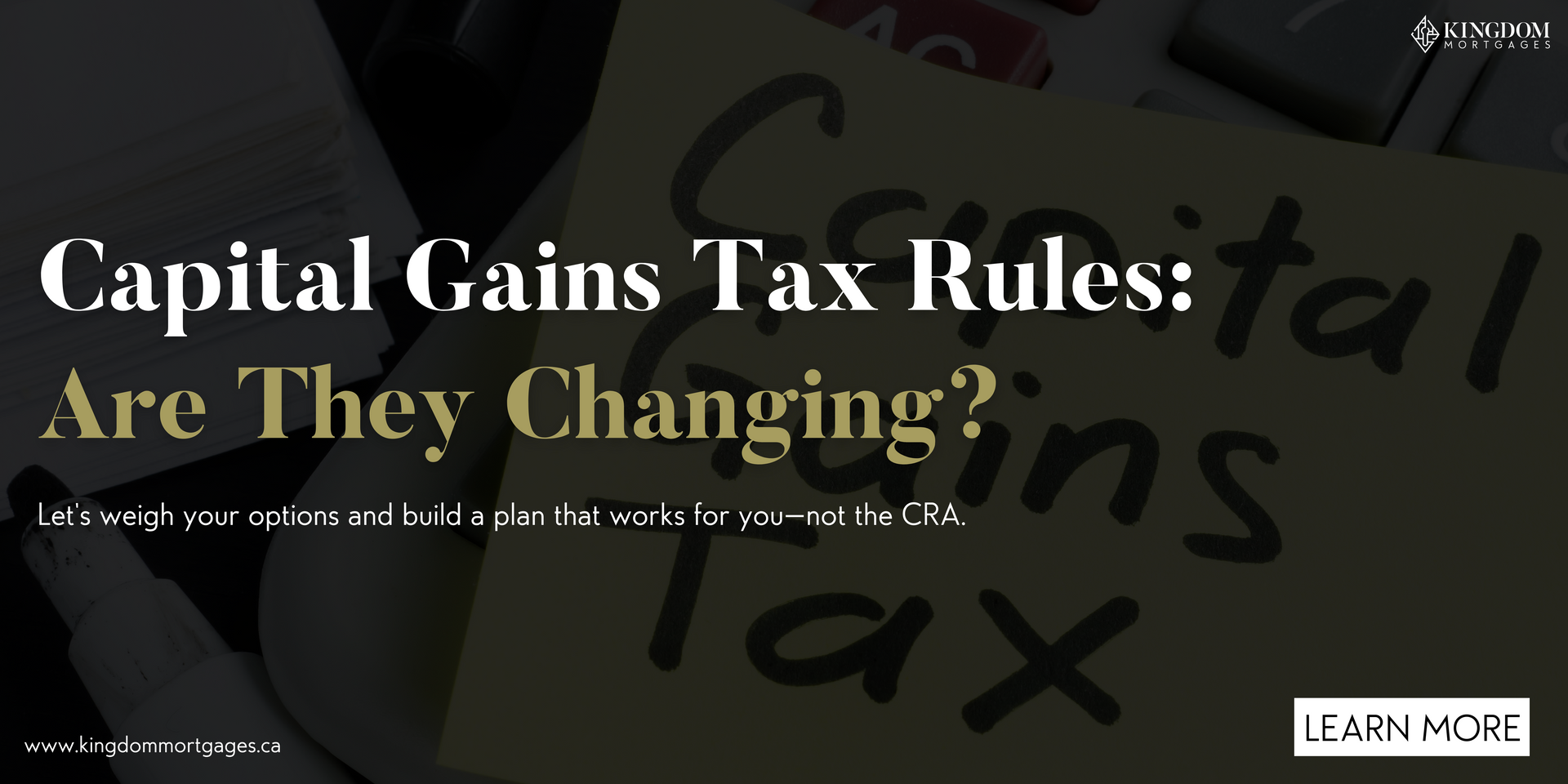The Office of the Superintendent of Financial Institutions (OSFI) announced that, effective June 1, 2021, it will implement a new minimum qualifying rate (stress test rate) for mortgages. The new stress test rates are confirmed to affect both insured and uninsured mortgages (where borrowers have at least a 20% down payment) and will increase to 5.25% or 2% points above the market rate, whichever is higher (current average rate reported by Canada’s biggest lenders is 4.79%). This is accompanied by a similar hike in stress test level for insured mortgages as announced by The Deputy Prime Minister and Minister of Finance, the Honourable Chrystia Freeland. OSFI Assistant Superintendent of Regulation, Ben Gully, states that “the rate in place as of June 01, 2021 will help support financial resilience should economic circumstances change, while our commitment to review the qualifying rate at least annually will contribute to continued confidence in the Canadian financial system” (2021).
Changes to Mortgage Stress Tests Coming Soon
New Stress Test Rates
What are Stress Test Levels?
Potential home buyers have their finances tested to see if they would be able to cover their mortgage payments should rates rise much higher than they were at the time they signed up for the mortgage.
Who Is Affected?
The changes to stress tests affect refinances and purchases, both for the 1st time home buyer and regular clients. If an individual has an agreement of purchase and sale or a commitment issued by a bank prior to June 1st 2021, the new stress test will not affect the approval amount, regardless if they take possession or complete the transaction any time after June 1st 2021.
How Will These Changes Affect Homebuyers?
Looking to Pass a Stress Test?
We can answer your questions about stress tests and give you tips for passing. Contact us today!.
Sources
https://www.mortgagebrokernews.ca/business-news/stress-test-hike-confirmed-356375.aspx?utm_source=GA&utm_medium=20210520&utm_campaign=MBNW-Breaking-20210520&utm_content=832030EC-B967-4C88-BEE9-B8F4682C0B79&tu=832030EC-B967-4C88-BEE9-B8F4682C0B79
https://www.osfi-bsif.gc.ca/Eng/osfi-bsif/med/Pages/b20nr-0521.aspx
https://www.canada.ca/en/department-finance/news/2021/05/statement-by-the-deputy-prime-minister-and-minister-of-finance-on-the-canadian-housing-market.html













